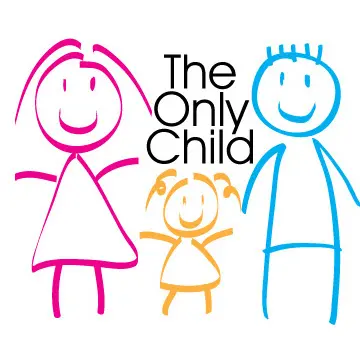The Only Child
I was one of six children. I have two younger brothers and three elder sisters. My father was not a wealthy man and we lived in a three-bedroom house, so conditions at home were always quite cramped and there was little privacy. Yet I consider that I was extremely fortunate. The house was on the outskirts of a small town. Meadows, woods and even a friendly stream lay within walking distance of our home.
My mother and father were far too busy to occupy themselves with my affairs, so the greater part of my upbringing was left to my sisters. If I am now a comparatively calm and placid person, able to cope tolerably well with those problems that life presents us with, it is, I firmly believe, due to the fact that I was allowed to grow up without too much fuss being made of me.

The most dreadful fate that I can imagine would be that of growing up as an only child. All mothers and fathers experiment on their unfortunate firstborn. They read the latest baby books, they attend clinics and courses of lectures. They listen to the advice of maiden aunts.
They debate the exact moment to present him or her with solid food. What they find extremely difficult to do is to allow their child to grow up at his own pace, to make his own mistakes and quietly learn from them.
As soon as the second baby is on the way, the first escapes from this period of close attention. He begins to get away with things. He discovers that even if he does eat sandwiches with dirty hands, or unripe apples that have fallen from the tree, he may not be sick in the night. He acquires a sense of proportion regarding his own importance.
But what happens to the only child? Never, or at least not until it is far too late to do anything about it, does he or she escape from the minute examination of his every action. It is a miracle if he does not grow up a nervous person constantly worrying about his health, a wholly self-centred being, who shivers at the sight of his own reflection in the mirror.
